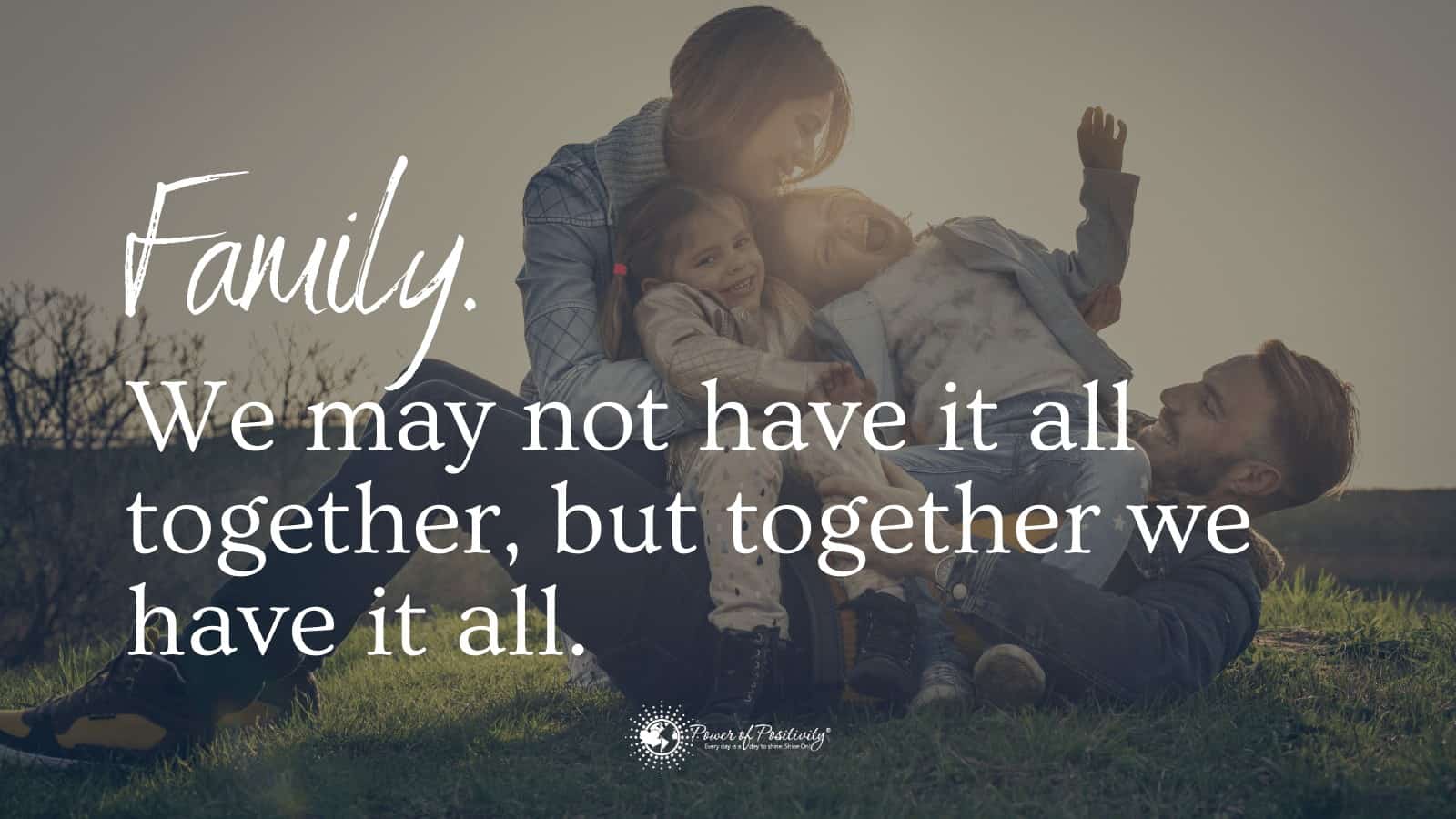Even though we live in a concrete world, we can all find a patch of greenery nearby to clear our minds and refresh our souls. We lead busier lives than ever, but that doesn’t mean we should neglect our basic needs, one of which is breathing fresh air and connecting with the Earth.
According to a study published by the National Academy of Sciences of the USA, people today spend 25% less time outdoors than they did 20 years ago. It comes as no surprise that rates of anxiety and depression continue to rise as we move farther and farther away from the way nature intended for us to live.
Walking in nature doesn’t just give us a break from the hectic city life; it can actually change our brain chemistry, too.
Here’s how spending time in nature every day can reduce stress and anxiety:
Related article: 10 Surprising Health Benefits of Walking Barefoot
It’s no surprise that living farther away from nature surrounded by buildings and city noise can increase your risk of anxiety and depression, but spending time in even the smallest patch of land can do wonders for the brain.
New research out of Stanford University found that spending time in nature can actually alter the chemistry in your brain, leading to mental clarity and peace of mind, and alleviating anxiety and stress. As Gretchen Reynolds explains in the New York Times, graduate student Gregory Bratman, who attends Emmett Interdisciplinary Program in Environment and Resources at Stanford, analyzed the brains of 38 adult city slickers who went on a 90-minute nature hike. Bratman found that these individuals had lower brain activity in their subgenual prefrontal cortex, a part of the brain that focuses on “morbid rumination,” than the participants who trekked along the side of a nearby highway.
Those who spent time in nature at least once a day didn’t dwell on the negative happenings in their lives as much, Reynolds reported. These results suggest what many of us probably knew all along – that everyone can benefit from spending more time in nature, and less time in the concrete jungle.
Nature can do wonders for your mental health, so if you have neglected your time with Earth lately, here are a few more reasons to hit the trails again that we didn’t mention before.
1. Nature can boost your energy levels.
After spending time outside, have you ever noticed that you feel more lively, cheerful, and refreshed? Well, there’s actually a scientific reason behind that. Several studies have confirmed that spending time in nature increases vitality, and the research finds that just 20 minutes a day out in nature can significantly boost energy levels. Richard Ryan, lead author of the scientific studies mentioned above and a professor of psychology at the University of Rochester, says, “We have a natural connection with living things. Nature is something within which we flourish, so having it be more a part of our lives is critical, especially when we live and work in built environments.”
2. Nature can make you more creative.
A study published in the journal PLOSone indicated that immersion in nature can boost creativity by as much as 50%! Participants in the study had to spend four to six days in nature, completely disconnected from all technology. Psychologists explained that because of the gentle, more relaxing stimuli in nature, people’s attentional system becomes rejuvenated and able to function correctly, whereas in modern society, we constantly have to switch between tasks and become bombarded with loud, sudden noises.
If you have been struggling to bring out your creative energy, try spending more time in nature!
3. Nature eliminates stress.
Numerous studies have found that time spent outside can greatly reduce stress. For example, a study published in 2012 in the journal Landscape and Urban Planning revealed that out of 25 healthy adults living in Scotland, those who lived in areas with the most greenery had lower levels of cortisol.
Stress can increase your risk of mental and physical illnesses, but among all remedies, nature is one of the easiest ways to heal the mind and recharge the soul.
4. Nature can improve dementia symptoms.
Along with all the other benefits of nature, a bit of greenery can go a long way in helping those who suffer from dementia. Researchers at the University of Exeter Medical School discovered that when gardens were placed in nursing homes, the patients showed less agitation, more relaxation, and appeared to be more stimulated mentally.
The researchers believe that the gardens triggered past memories that brought the patients pleasure and relaxation. They may have tended to a garden in the past, so putting one in their nursing home unearthed happy memories for them. Also, the stimulation from natural elements helped to lessen dementia symptoms.
5. Nature can give you better short-term memory.
By either looking at an image of nature or going for a nature walk, you could improve your short-term memory by 20%. In a study performed by researchers from the University of Michigan, they placed participants in two groups: one that would walk around an arboretum and another that walked down a busy street. Before going for the walk, each group had to repeat random numbers to the researchers in reverse order.
Upon getting back, the groups performed the test again, but the group that walked in nature improved its performance by 20%, while the group that walked on the street showed no improvement.










